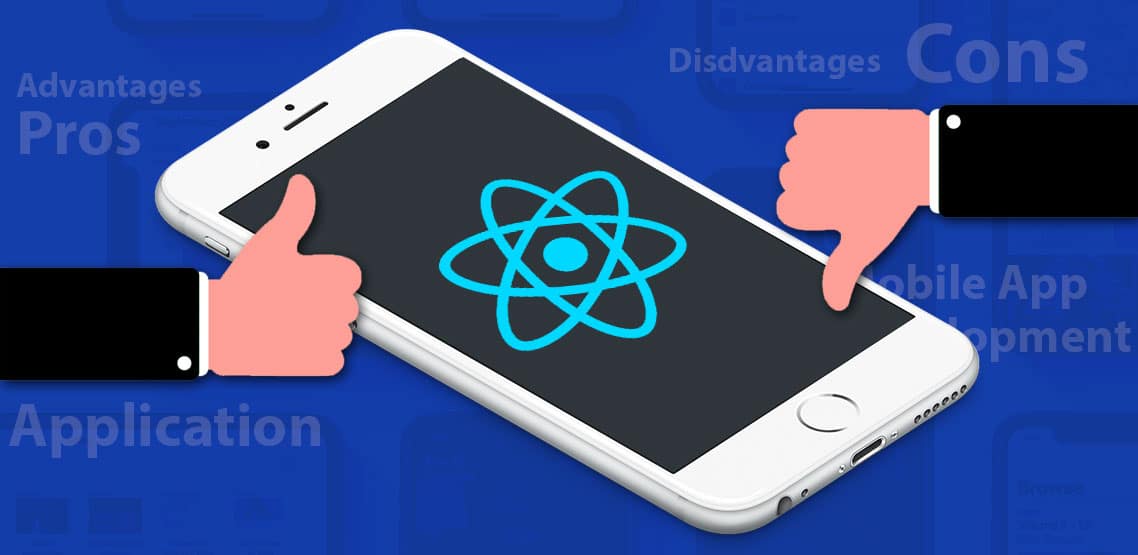The popular cross-platform framework for developing mobile apps is React Native. React, a well-known user interface-building JavaScript library, serves as its foundation. React Native allows developers to build mobile apps for both iOS and Android platforms using a single codebase. However, like any other technology, React Native has its pros and cons. In this blog post, we will explore the pros and cons of using React Native for mobile app development.
Pros:
1. Cross-Platform Development:
With React Native app development services, developers can use a single codebase to create mobile apps for both the iOS and Android platforms. This means that developers can write code once and deploy it on both platforms, saving a lot of time and effort.
2. Faster Development:
With React Native, developers can build mobile apps faster than traditional native app development. React Native provides a wide range of pre-built components that can be easily integrated into the app. The development process is sped up, and the time to market is cut down as a result.
3. Native Performance:
React Native apps have near-native performance because the code is compiled into native code. This means that the app runs as fast as a native app and provides a smooth user experience.
4. Easy to Learn:
React Native is based on JavaScript, which is a popular programming language. Developers who already know JavaScript can easily learn React Native and start building mobile apps.
5. Large Community:
React Native has a large community of developers who contribute to the development of the framework. This means that there are a lot of resources, tutorials, and libraries available for developers to use.
Read Alos: The Importance of Beta Testing in Mobile App Development
Cons:
1. Limited Native Functionality:
React Native does not provide access to all the native functionality of the device. This means that some features of the app may not work as expected or may require additional native code.
2. Compatibility Issues:
React Native apps may face compatibility issues with older devices or operating systems. This can result in a fragmented user experience, with some users not being able to use the app.
3. Debugging:
Debugging React Native apps can be challenging because the app runs on two different platforms. This means that developers need to use two different debugging tools to find and fix bugs.
4. Larger App Size:
React Native apps tend to have larger file sizes than native apps because they include a JavaScript engine. This can result in longer download times and slower app performance.
5. Limited Customization:
React Native provides pre-built components that can be easily integrated into the app. However, if developers need to customize these components or create new ones, it can be challenging and time-consuming.
Conclusion:
React Native is a popular cross-platform framework that offers many advantages for mobile app development services. It allows developers to build mobile apps for both iOS and Android platforms using a single codebase, which saves time and effort. React Native also provides near-native performance, is easy to learn, and has a large community of developers. However, there are also some drawbacks, such as limited native functionality, compatibility issues, debugging challenges, larger app size, and limited customization. It's important to carefully consider these pros and cons before deciding whether to use React Native for mobile app development.
Read also:


No comments yet